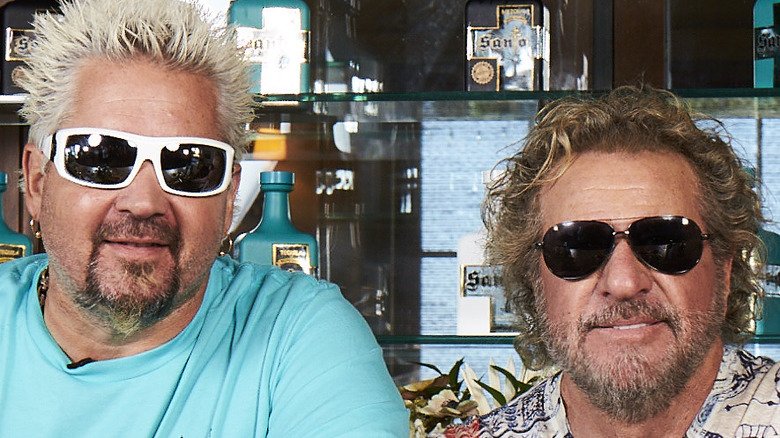How blockchain can police fashion’s sustainability requirements

More and more, consumers consider a brand’s ethical and sustainable practices in their purchasing decisions. According to reports from Nielsen, this affects consumption: 73% of millennials and 66% of customers globally would be willing to pay more for sustainable products. This growing demand can be particularly observed within the fashion sector, and among younger consumers: Almost half of Gen-Z fashion consumers (43%) actively seek out and choose brands that have a reliable reputation for sustainable practices.
With this in mind, fashion consumers, especially younger ones, are also becoming increasingly aware of deceptive practices used by many companies that try to “greenwash” by exploiting sustainability trends without following through on any commitments.
Even global multi-brand fashion conglomerates like H&M can no longer cut corners with empty promises. The brand is being sued this year over allegations of greenwashing, with a lawsuit alleging it exploits consumers’ interest in sustainability and products that “do no harm to the environment” through extensive and potentially misleading marketing.
Recently, Boohoo, another fast fashion giant popular with Gen X and Z, received viral online backlash for greenwashing after launching a “sustainable capsule” when the principles of fast fashion production are anything but sustainable.
It seems that the more revered a brand is, the higher the fall from grace can be. And the luxury industry in particular is no stranger to this level of scrutiny.
Luxury consumers are watching
It was only a few years ago that Burberry was called out for burning $37 million worth of goods instead of donating or recycling them. Meeting the standards of social and environmental responsibility continues to be a challenge for luxury brands, with many, such as Louis Vuitton, under scrutiny when it comes to environmental and social impact.
While many luxury brands set goals to improve their practices, such as reducing greenhouse gas emissions generated by their operations, the problem is that there is no publicly available evidence of whether they are on track to meet these goals, which could put their reputation at risk.
Reputation is everything in the luxury circle. If luxury brands want to protect theirs against a customer base that is increasingly wary of deceptive practices, they must demonstrate that their commitments to sustainability go beyond simple good intentions by building demonstrable sustainability into their business models through verifiable data.
There is a lot of pressure for greener practices all around. And although there are many luxury brands that have good intentions to meet the demand for better sustainability, the challenge often lies in the fact that tracking progress towards green goals is incredibly complicated within existing systems.
This is where blockchain comes in.
New consumer demands require new solutions
Innovative new technologies can help luxury brands digitize and automate their supply chain networks. Blockchain, for example, can help track, trace and verify the sustainability of any luxury item with immutable certification, making it an interesting solution for brands that understand the importance of guaranteeing their products’ sustainability and protecting their reputation in the eyes of consumers.
Trust is a critical factor in customer loyalty, and today’s consumers demand indisputable proof from luxury brands before buying into their advertising. Only 18% of Euro consumers said they trust public authorities to verify green claims, and as few as 14% of respondents said the same for private auditors. Given this increasingly environmentally conscious customer base, brands must find ways to prove that their products are sustainable and that the products consumers buy align with these values if they are to build brand loyalty.
Consumer concerns about greenwashing are due to brands’ lack of transparency about their practices. This is where blockchain can provide an overview of a product’s entire history, confirming to consumers that the products they are buying are provably sustainable. Luxury brands can thus provide their customers with accurate overviews of their sustainability, building brand trust and customer loyalty, which is important for customers who want to ensure that they are buying sustainable products. Implementing blockchain technology in direct-to-consumer spheres can drastically change the way brands communicate with customers, and for luxury brands the investment appears to be well worth it.
A passport to the future
Another area where luxury brands want to increase transparency and guarantee provenance is digital product passports. These digital certificates enable customers to access a product’s data records and history via a mobile device application. As a blockchain-powered tool, customers can track a product’s lifecycle from creation to sale, validating the source of the materials used as well as the markets in which it is sold. Digital product passports provide irrefutable proof that luxury companies use sustainable and ethical methods, protecting them from accusations of greenwashing . They respond to the growing needs of buyers, whether they are Gen Z or Gen X.
Demonstrating sustainability practices through real, tangible efforts is non-negotiable for luxury brands today, especially as they target and build relationships with younger demographics. They also need to understand the importance of a consumer-centric approach and personalized online experiences. According to a Bain & Company forecast, online will become the most prevalent channel for personal luxury goods by 2025, accounting for up to 30% of the global market – closely followed by retail stores (26-28%) and outlet stores (13-15%).
As digital natives, the new generation of shoppers expect intuitive and modern online experiences, just as they value the authenticity and integrity of brands. This is hardly a passing trend. If luxury brands want to thrive in the long term, it is important to prove sustainability in order to engage with the next generation of consumers, who are tech-savvy and environmentally conscious. By turning to innovative technologies like blockchain, luxury brands can secure their place among future generations.






















